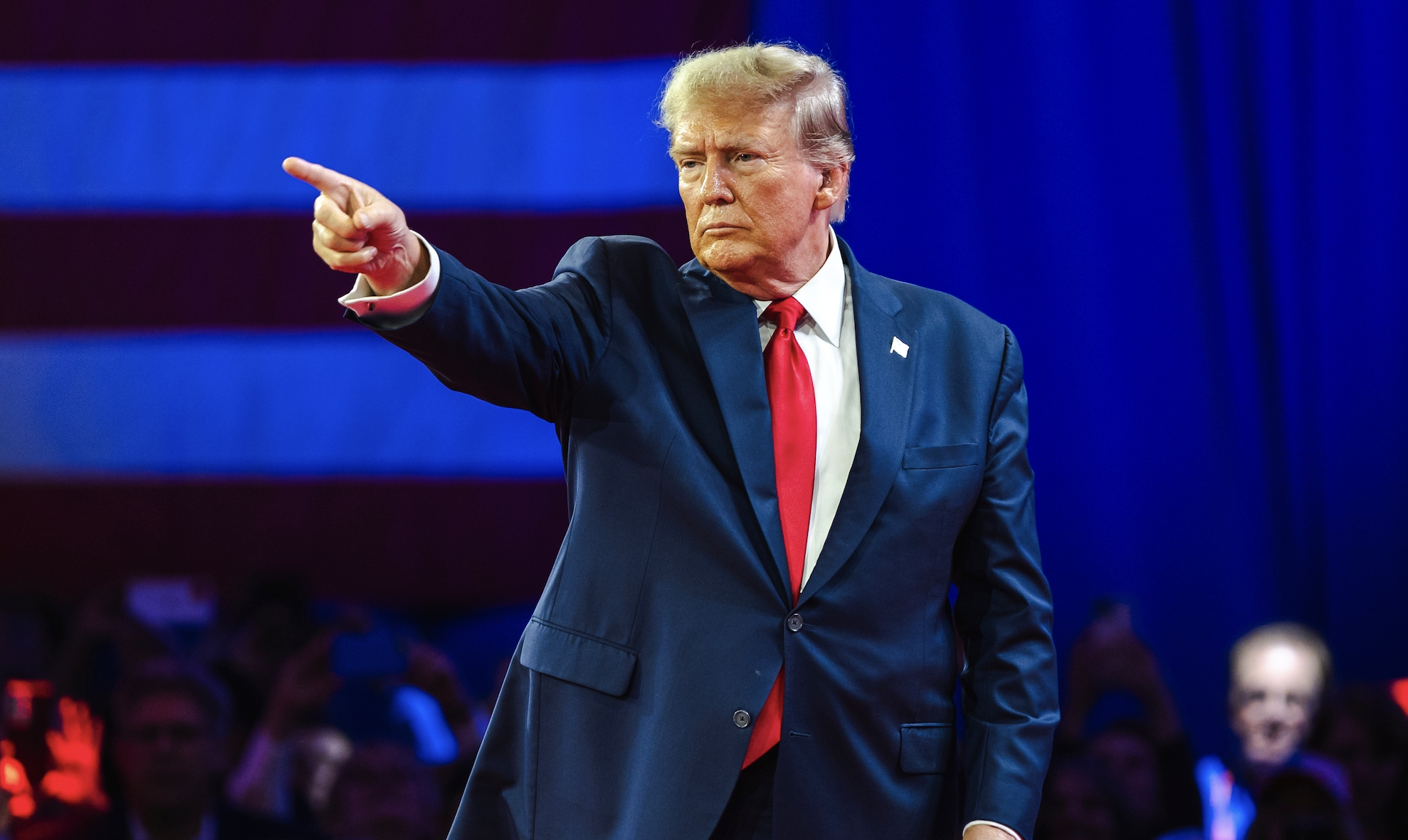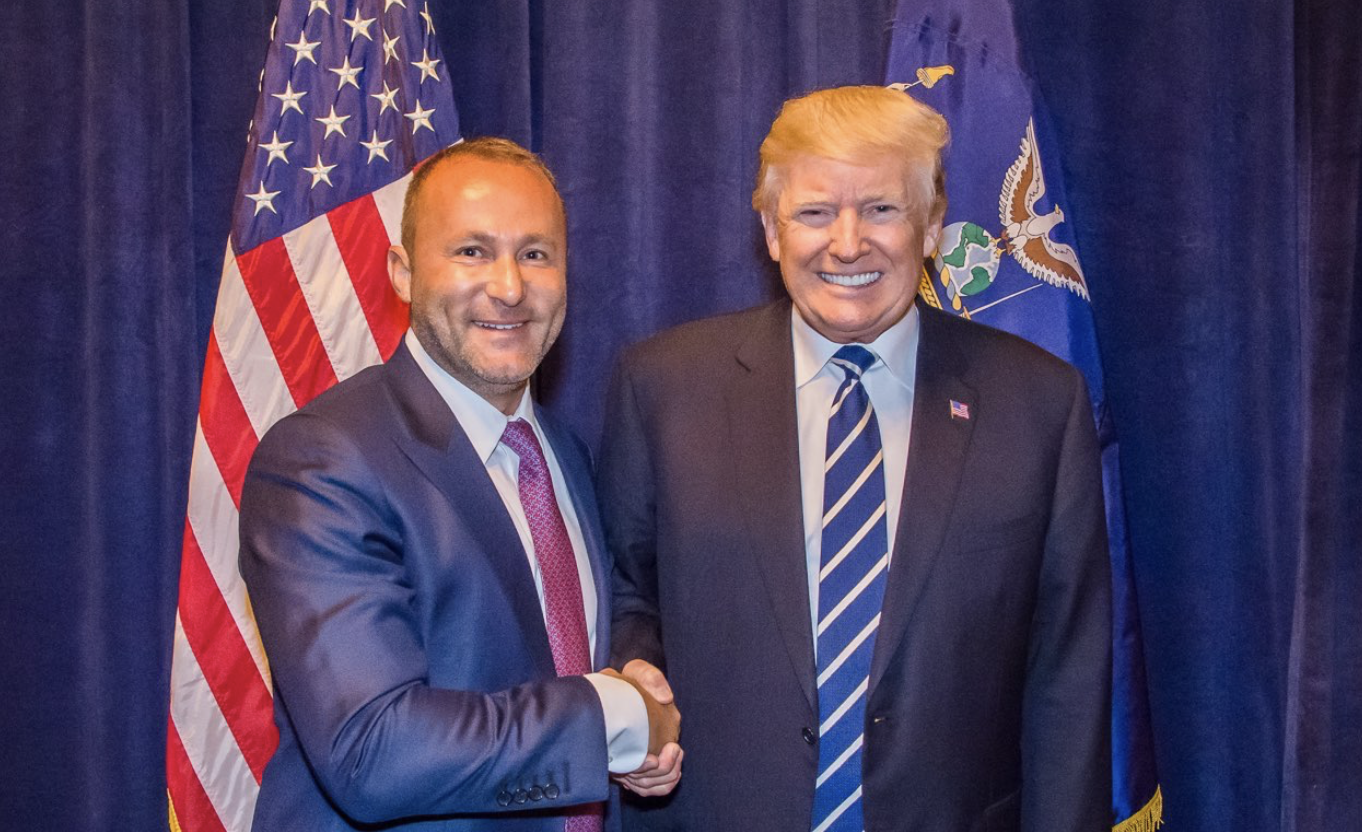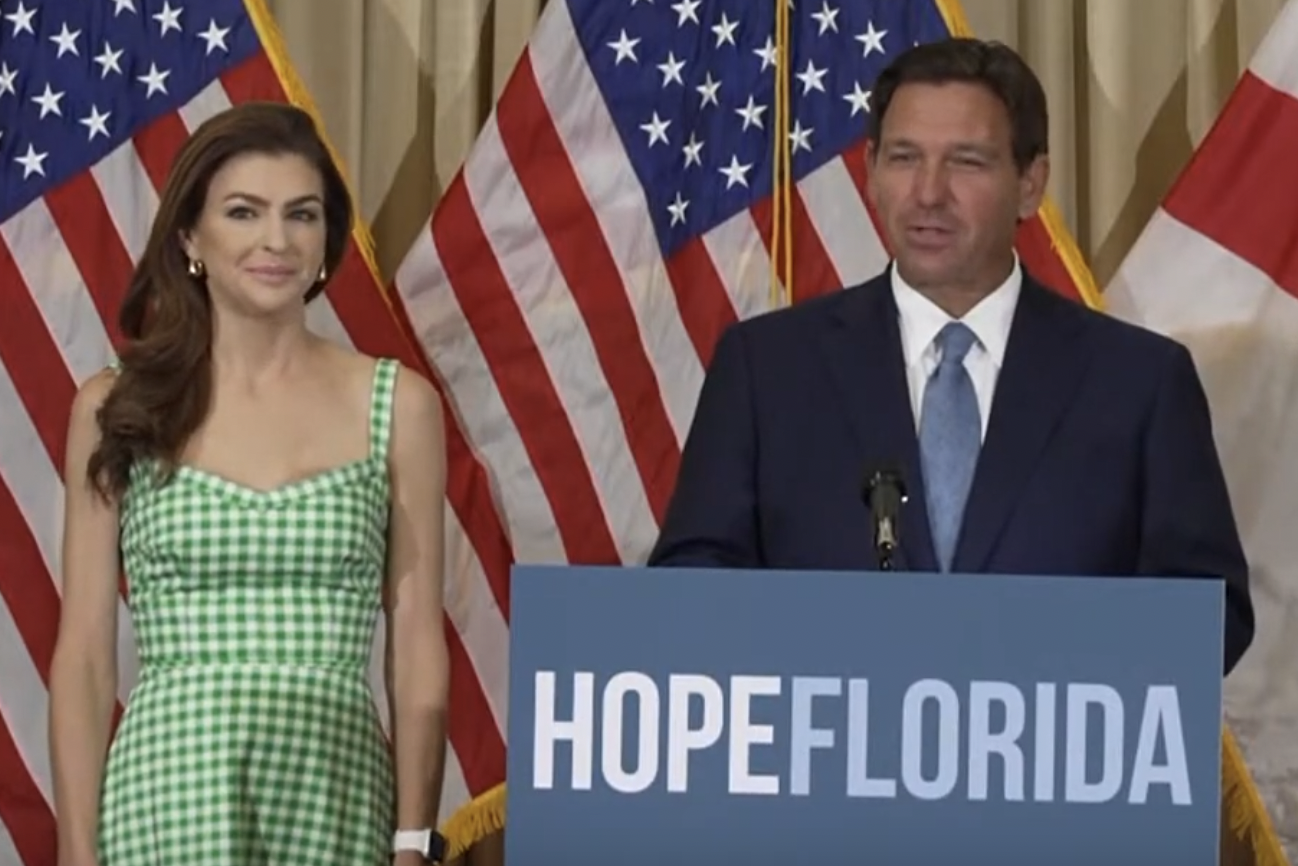Trump’s Iran Strategy
When President Donald Trump took his oath of office on January 20th, 2025, he took over a country that currently holds a more hostile relationship with the nation of Iran than at nearly any point in its history, barring the days of President Jimmy Carter.
During former President Joe Biden’s term, Iran saw an economic expansion the likes of which it had never seen. The last four years have seen Iran’s oil production rise from just 400 million barrels per day in 2020 under Donald Trump’s first term to over 1.65 billion barrels in 2024.
For the first time since before President Trump’s first term, Iran has true power once again, and this time in the form of an economic engine that surely won’t be going anywhere anytime soon… Oil exports.
China Purchases 91% Of Iran’s Total Oil Exports – Trump's Iran Strategy
The chief recipient of Iran’s oil is China, which has received nearly all of the exports from the Arab nation. 91% of Iran’s total oil exports in the calendar year of 2024 went to the Chinese. There is a deeper meaning to Iran’s resurgence in the oil industry over the last several years, and the relationships the nation has utilized in order to make this explosion of economic activity possible.
Without funding from China, directed through Iran, attacks by Hamas and Hezbollah against Israel and US forces in the Middle East over the last several years never would have happened.
The Biden Administration’s Iran Ties Paint Troubling Picture Of Weak Foreign Policy – Trump's Iran Strategy
After he was elected in 2020 President Joe Biden selected Rob Malley, the lead negotiator on the 2015 Iran nuclear deal known as the Joint Comprehensive Plan of Action to become his special envoy to Iran, a position in which he was successfully nominated to serve.
In June of 2023 Malley was placed on leave by the State Department in June of 2023 for his “mishandling” of classified documents pertaining to Iran. Malley’s security clearance was immediately suspended, and he remained on leave for the remainder of the Biden Administration.
It was alleged by some that Malley may have willingly turned over classified material to the Iranian government to gain favor in negotiations, a rumor that has never actually been confirmed by a legitimate source.
It doesn’t seem like much of a coincidence that it was under the Biden Administration that Iran once again obtained its ability to export large amounts of oil due to the former President’s lobbying to UN to drop the sanctions.
On February 18th, 2021, The Biden Administration officially rescinded former president Donald Trump’s restoration of U.N. sanctions on Iran. This marked the beginning of Iran’s increased oil production and exports, as you can see in the chart below,

China Is Building Its Economy On Iranian Oil While Providing Crucial Funding To Iranian-Sponsored Terror Operations - Trump's Iran Strategy
From March to September 2024, Iran reported monthly oil revenues averaging $3.83 billion per month to China. In 2023 during the leadup to the October 7th massacre in Israel, China sent over $47 Billion to Iran for oil exports.
Reports later confirmed that Iranian money, money received through oil exports to China, was responsible for funding Hezbollah and Hamas’ attacks on Israel on October 7th, costing the lives of at least 796 civilians and 379 security personnel.
This attack marked one of the deadliest days in the history of the nation of Israel, and it was largely funded with Chinese money.
Despite this crucial fact, Israel continues to do business with China. China even operates one of Israel’s largest seaports located in Haifa. In 2021, Shanghai International Port Group (SIPG), a Chinese state-owned company, signed a deal to open and operate the Bay Port in Haifa under a 25-year lease agreement.
Even though Chinese money largely funded the deadliest attack on Israeli soil in its history, China still operates portions of Israel’s largest port under Israeli government regulations.
Israel And The United States Can Destroy Iran’s Economy Without Firing A Shot - Trump's Iran Strategy
Much like the United States, Israel holds a close trading relationship with the Chinese, holding a trading volume of $17 billion in 2023. Israel exports $4 Billion worth of goods to China, and China exports $13 Billion worth of products into Israel annually.
The United States’ total trade with China amounts to a total of $583 billion. With a slate of economic sanctions, the United States and Israel could deal a crucial blow to the Chinese economy by forcing the Asian nation to stop importing Iranian oil.
As stated previously, China accounts for more than 91% of Iran’s entire oil industry exports. Driving a wedge between China and Iran would not only weaken the United States’ chief economic competitor but also isolate the Iranian economy which has been used to push terror worldwide.
Chinese investments in Israel have slipped in recent years as the Chinese continue to develop their anti-Western coalition of governments in an alternate economy, but Israel has yet to retaliate against China for its continued funding of state-sponsored terror through the importation of oil from Iran.
The United States could also slap economic sanctions on China for its continued allegiance to Iran, a nation that actively funds terrorist organizations around the globe, and now threatens the world with the possibility of obtaining nuclear weapons.
A new policy announced by President Donald Trump will allow Israel more freedom to respond to attacks on their homeland by Hamas and other terrorist organizations.
While Trump’s Administration appears eager to address the rising tensions in the Middle East, the road to muting Iran’s terrorist-sponsoring activities worldwide lies in Asia, through Iran’s economic ties to China.
If You Can Stop China’s Purchasing Of Iranian Oil, You Can Stop Iran’s Economy - Trump's Iran Strategy
Petroleum accounts for approximately 80% of Iran’s total exports, 91% of which end up on the Chinese mainland. Additionally, the oil industry accounted for 16.2% of Iran’s total GDP in 2023/24, making it the largest sector of its entire economy.
Considering that this industry is primarily distributed through one source, and to one country, it would appear that the United States would be well advised to focus on this aspect of the situation.
China Could Buy American Oil, Not Iranian Oil
Part of President Trump’s stated agenda was to “drill, baby, drill” upon taking office. His EPA under Lee Zeldin has already begun rolling back regulations that prevented the energy industry from expanding.
Trump could easily negotiate with China to power their economy on American oil rather than Iranian oil, significantly altering the United States’ trading relationship with the Asian nation, and further balancing the unbalanced nightmare trade with China has become for our Nation.
The United States had a trade imbalance of $295.9 billion with China in 2024. If China began purchasing large amounts of American oil, it would be our economy, not Iran’s.
Without China’s Oil Business, Iran’s Economy Will Be Destroyed
Additionally, without China buying billions of dollars in oil from Iran per month, and given the large role the oil industry plays in the total economy of Iran, a Chinese pivot from Iranian oil to American oil would essentially decimate the Iranian economy overnight.
There would be no need for another catastrophic war, or regime change, which President Trump has been an opponent of since his entrance into the 2016 Presidential election.
An American-Israeli Coalition Targeting Iranian Oil Exports To China Could Stop Terrorism Worldwide - Trump's Iran Strategy
If the American and Israeli governments can successfully dry up the Iranian oil export industry to China, funding for dangerous terrorist groups such as Hezbollah and Hamas will cease.
Only by targeting Iranian oil exports can we evade further conflict in this matter.
Who Is Shivon Zilis: What You Need To Know About Elon Musk’s Child’s Mom











